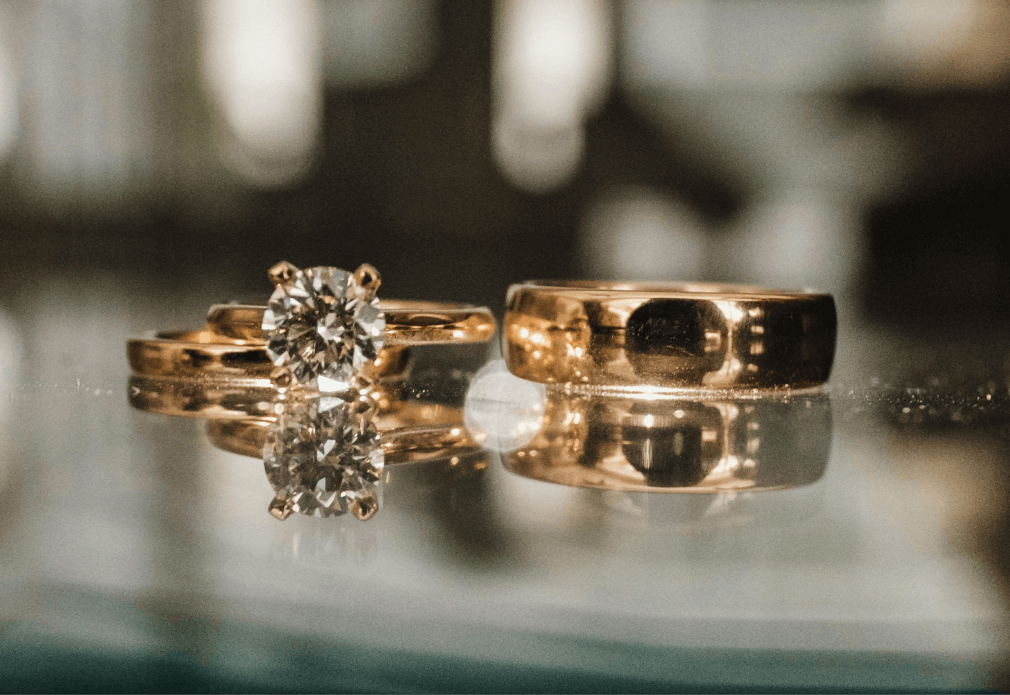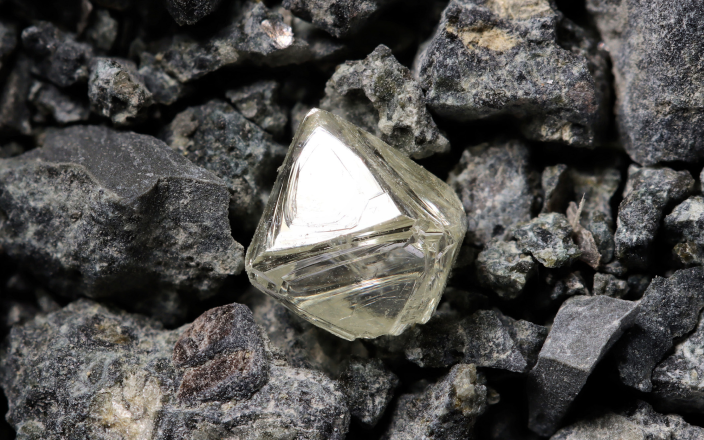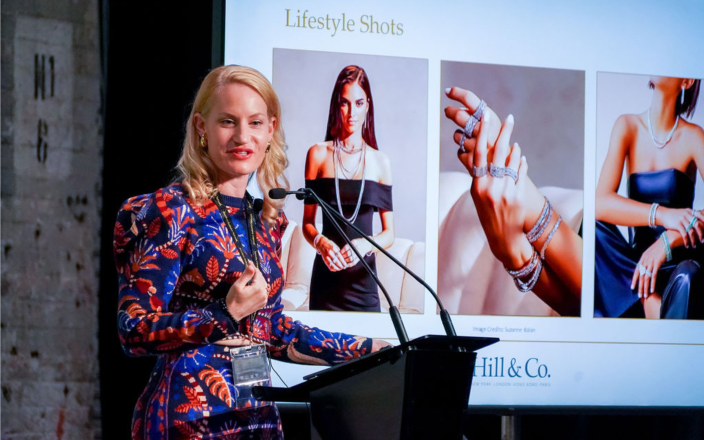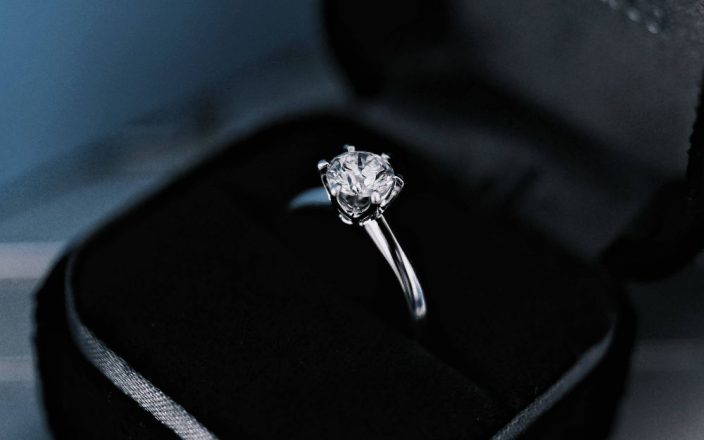This would have to be one of the most confronting and upsetting comments a jeweller would ever hear, not to mention the most unlikely thing to happen. However, who hasn’t heard one of those urban myths that consumers will often bring up in conversations with a jeweller? “I know of someone who took their rings to a jeweller who swapped their diamonds,” or “I’d be worried to take my jewellery to a jeweller who I didn’t know, in case they swapped out my diamonds.”
I bring this scenario up because I am concerned that this problem could become an issue concerning the massive influx of lab-grown diamonds in the market, particularly the larger stones.
The problem is a combination of the lackadaisical approach by jewellers to testing diamonds whenever they are brought into their stores and left for repairs or even cleaning. I also believe from what I have seen that the wholesalers themselves are not being careful enough with the goods they are importing into Australia. This combination of natural diamonds and lab-grown diamonds may be unknown to the retailer, without the proper testing conducted by the store itself before they are sold.
I was recently in a high-end jewellery store, where the owner was showing me a diamond tennis necklace that was being modified for a customer. I asked him if this piece was purchased from a wholesaler, and he was personalising it by adding a unique centrepiece to it, which was the case. I then asked him if he had tested the stones in the necklace. He was shocked to even consider that he should test the diamonds as he had worked with this wholesaler for over 20 years and shouldn’t have to question that they are natural diamonds.

Whilst I was there, I suggested that if he had a machine, he should test the stones, for curiosity’s sake. Fortunately, he had a diamond testing machine available. As I was standing there, we tested the diamonds in the necklace and 50 percent registered as lab-grown. To say he was mortified was an understatement. Now, I am not suggesting that the wholesaler who sold it to him was trying to deceive him, but I think that the wholesaler himself may have not done the due diligence on the item when he imported it from overseas.
Imagine the repercussions of a customer bringing in a 2ct diamond ring to be resized or clean and polished, only for you to then, be accused of swapping it. If this goes to court, you, the jeweller, will be questioned as to whether they verified whether it was a natural or lab-grown diamond before you took possession. If you couldn’t demonstrate that you had highly credible tools and a process in place for testing everything taken in by the store, you could well be exposed to both replacing the stone at your expense and irreparable reputational damage. Having a disclaimer on your receipts may not be enough today.
To combat these issues, there are multiple diamond testing products in the market. The problem is that a good purchase is only a product that has been tested to have a zero-failure rate on identifying a natural diamond. Some machines have between a 90-99 percent success rate, but don’t be naïve if you buy a cheap machine. Sometimes, there is a reason why it’s cheap. There will always be a very small percentage of natural diamonds that are Type IIA which means that the machine will recommend it be referred for further testing that should be a minuscule percentage and result.
For those who are unaware, The Natural Diamond Council set up a special division called the Assure Program to rigorously test the different machines on the market for their accuracy and reliability, with only a few passing the most stringent of tests. I am not going to promote any brand in this article but what I will say is that the Assure Program has done a high degree of due diligence. As part of my role in the Diamond Dealers Club of Australia and as chief executive officer of Q Report Jewellery Insurance we believe that there are a few options that are very suitable to the Australian market. I am happy for anyone to reach out to me personally for further advice or information.
I strongly believe that every diamond that comes in and out of your business, whether you are a wholesaler or retailer, must be tested for all the reasons stated above. Your reputation is at stake, and you do not want to be that jeweller where the customer walks in and says, “You swapped my diamond!” and realise you have no way of defending yourself.
Your reputation stands before you—don’t take this lightly.

Trade well,
Rami Baron
President, Diamond Dealers Club Australia
rami@ddca.org.au


